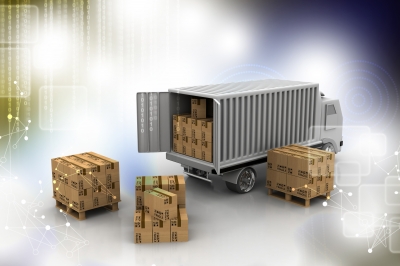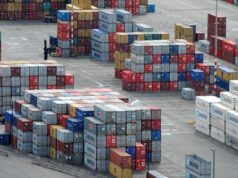The proposed customs order on the clearance of goods entered under the Philippine customs bonded warehousing system has been released by the Bureau of Customs (BOC) for public review.
The draft customs administrative order (CAO) will implement Sections 410, 434, and 801 to 813, as well as other relevant sections of Republic Act No. 10863, otherwise known as the Customs Modernization and Tariff Act (CMTA).
Stakeholders have until August 10 to submit their position papers. A public consultation on the same day will be held.
The proposed order will cover all shipments bound for customs bonded warehouses (CBWs), providing guidelines for declaring goods to be entered into CBWs; assessing duties and taxes and the corresponding bonds; and delivering goods to CBWs.
It will also provide guidelines for requisitioning and withdrawing bonded materials; transferring goods from a CBW to other CBWs and free zone locators; exporting finished products; treating unused raw materials and wastages; and liquidating bonded materials and cancelling the corresponding bonds.
The draft order states that CBWs may import goods as authorized by the Bureau of Customs (BOC) or other government regulatory agencies.
BOC-accredited surety companies are required to issue bonds to guarantee the export of goods, or the manufacture of raw materials into finished products for export, or the payment of taxes or duties on them.
The CAO also sets the rules on how goods entered into CBWs for warehousing should be treated. Such goods must be conditionally free from payment of duties and taxes while in storage unless withdrawn for consumption. In addition, goods entered that are not included in the BOC-approved List of Importable Goods or the Statement of Raw Material Importation Requirement are to be subject to payment of duties and taxes.
BOC will keep an electronic account of all goods delivered to and withdrawn from CBWs, while the CBW operator must make a detailed report of all imported goods entered and withdrawn from the CBW. The CBW operator must also use the format specified by BOC and submit the report electronically.
The customs bureau will prescribe the procedures including for the specific form to be used in requisitioning bonded goods from the stores to production and from the customs common bonded warehouse to its members and for withdrawing goods from the CBW.
Specific goods declaration will be prescribed by BOC for the following: transfer of bonded goods from a CBW to another CBW; transfer of bonded goods from a CBW to a free zone; and transfer of goods from a free zone to a CBW.
To effectively monitor the bonded goods inventory of all CBWs, operators must establish and utilize an automated bonded goods inventory system linked to BOC’s raw materials liquidation system (RMLS). BOC will be adopting and implementing the RMLS, which is an ICT-enabled system of liquidating raw materials, to effectively monitor the liquidation of such materials used in the manufacture of imported goods and the wastages derived from them.
Aside from the RMLS, BOC is also going to adopt and utilize an automated bonds management system (ABMS), an ICT-enabled system for managing bonds transactions, to assist in the posting, charging, ageing, monitoring, and cancellation of bonds.
Wastages, rejects and by-products from manufacturing export products have to be properly accounted for and disposed of according to existing rules and regulations.
Unused bonded goods, meanwhile, are to be imposed payment of duties and taxes.
The importer of goods under CBW may be obliged to export within the prescribed period the imported goods or finished products manufactured from raw materials imported under bond, or pay the duties and taxes on goods imported under bond, according to existing or applicable laws, rules and regulations.
CBW operators who allow goods in CBWs to be diverted, withdrawn without authority, or repacked face penalties. On first offense, duties, taxes, and charges due will be levied on the goods withdrawn, and a surcharge is to be imposed equivalent to 50% of duties, taxes, customs fees, and charges found to be due and unpaid.
On second offense, warehousing privileges will be suspended for six months, and on the third offense, the CBW will be closed.
In case of late re-exportation and the late submission of documents, such as proof of re-exportation or authority to cancel bonds issued by the commissioner and such other documents required to reconcile or liquidate raw materials, liquidating entries or canceling re-export or surety bonds will merit penalties according to existing rules and regulations. – Roumina Pablo
Image courtesy of renjith krishnan at FreeDigitalPhotos.net









